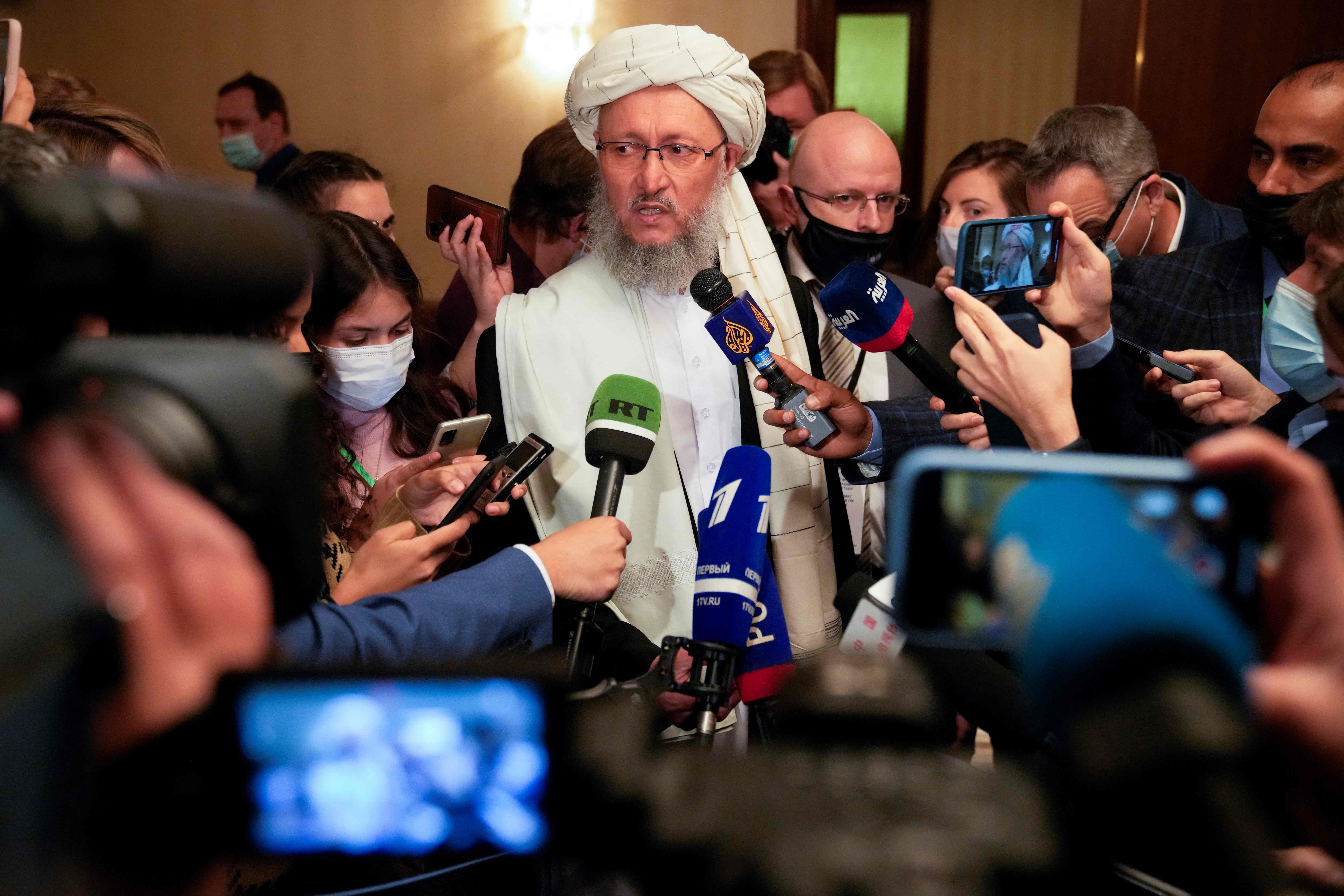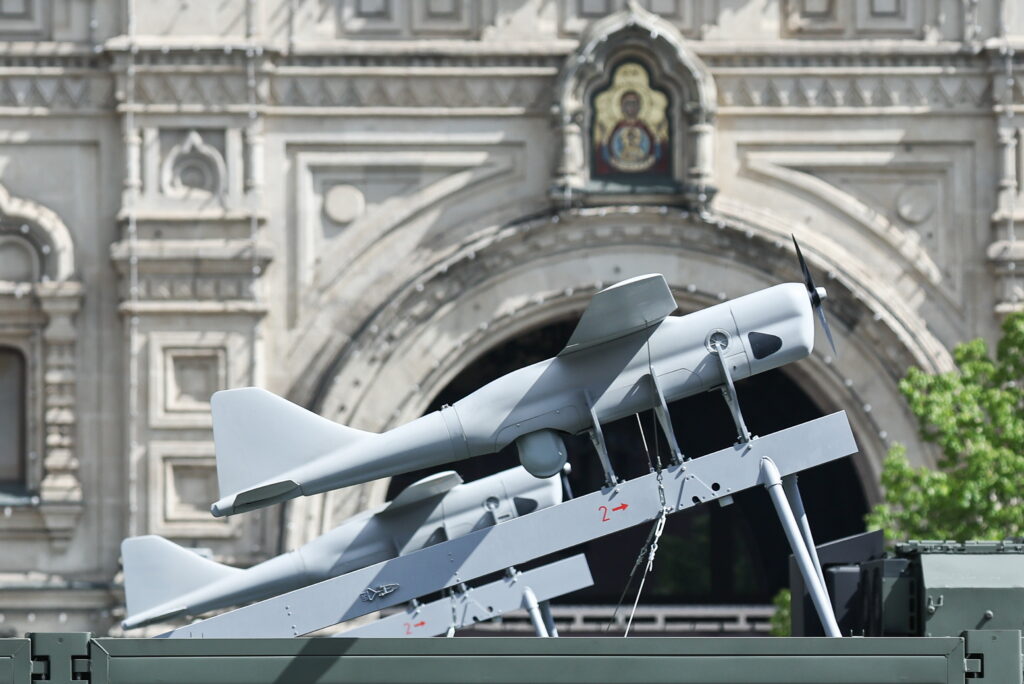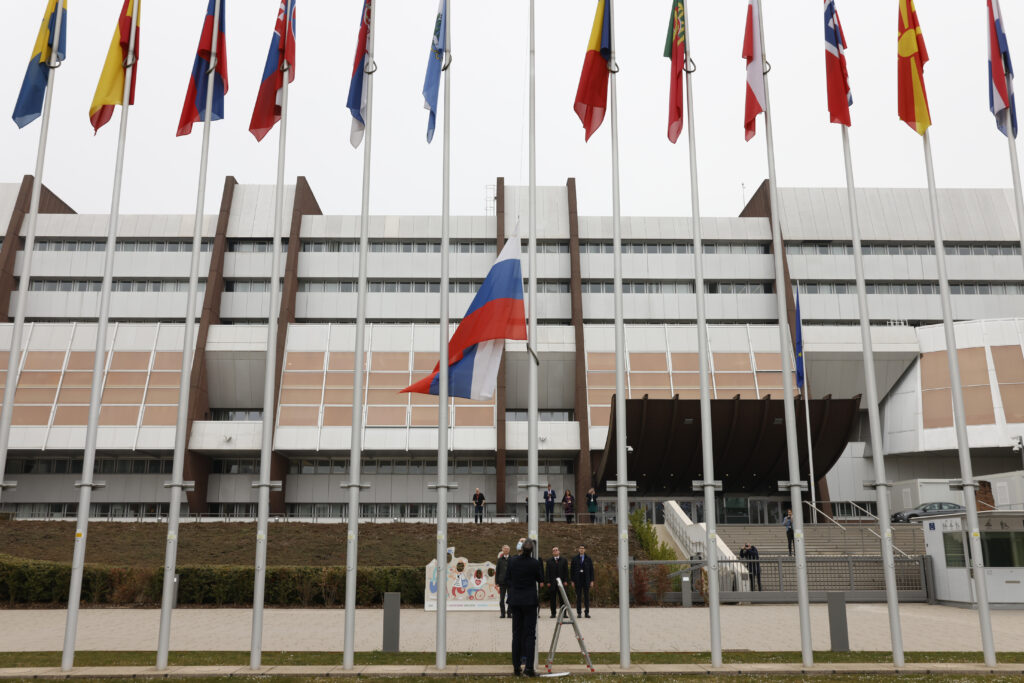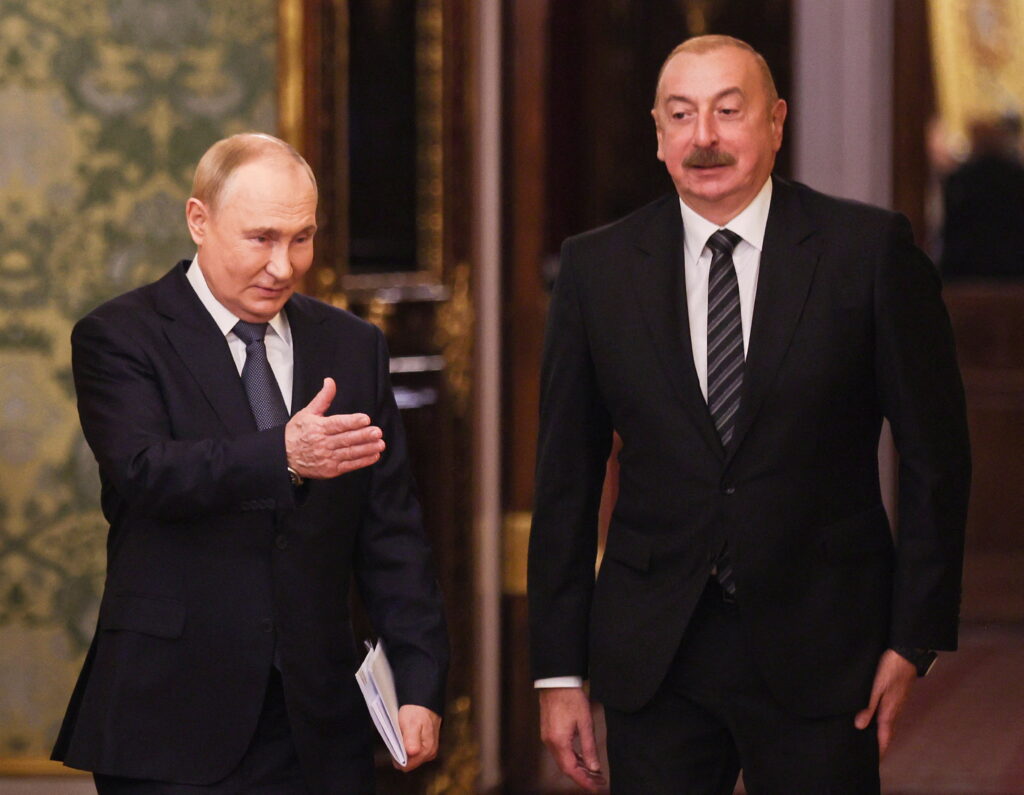It is one year since the Taliban stunned the world and took control of Kabul way ahead of government estimates. In 2021, Moscow responded to the news with a mix of calm and schadenfreude for its Western counterparts on the ground. Moscow then visibly took on the role of ‘pragmatic facilitator‘ for the Taliban’s consolidation. The Taliban’s anti-Western alignment, lack of allies abroad and desperate financial situation have all given Russia (and China) leverage over the de facto Kabul government. That in turn gives China and Russia a chance to ensure a development favourable to their regional interests. Indeed, the immediate aftermath of the takeover prompted many to speculate that China and Russia would jump at the opportunity to exploit the country’s mineral wealth, unencumbered by a Western presence.
The months since saw the entrenchment of Taliban rule and the routing of the opposition. The de facto government in Kabul reversed progress on human rights, with women’s rights facing a dramatic assault by the Taliban. Persecution of former government officials and opposition members has been relentless and cruel. No pockets of resistance managed to hold out and the entire territory of the country is now under Taliban rule—however weak it may be in places. ISIS-K and al-Qaeda remain capable of operating in the country but are yet to mount an effective assault on Taliban control. The economy and healthcare are worse than they were in twenty years. Access to food is difficult but to a minority of Afghans.
Since the takeover, Moscow has made overtures to the Taliban, a group which Russian law still regards as a terrorist organisation. The presence of Taliban representatives at the St. Petersburg International Economic Forum in June sent the message that Moscow regards the group as a viable partner. During that visit, Moscow and the Taliban signed an agreement to deepen trade relations, explicitly targeting Afghanistan’s fuel and grain shortages. But what has ensued since the takeover has not been a dramatic expansion of Russian influence in Afghanistan. Even before Russia’s full-scale invasion of Ukraine, Moscow kept hinting at enhanced ties with and recognition of the Taliban but remained uncommitted. Other avenues of engagement have also fallen short. Yevgeny Prigozhin — ‘Putin’s chef’ and one of Russia’s foremost geopolitical entrepreneurs — made some early moves through his associate Maxim Shugaley. None have led anywhere (that we know of).
Since Russia’s full-scale invasion of Ukraine, Moscow’s Afghanistan policy has remained just as adrift as before, failing to gain major investment contracts, delivering Wagner mercenaries or effectively patronising the Taliban. Similarly, we have not witnessed an expansion of the confrontation between Russia and the West in Afghanistan. Moscow’s participation in the Tashkent conference this past July gave it a seat at the table together with the European Union and the United States. Why is Moscow not undermining these initiatives with Western participation?
An Afghan exception to Moscow’s diplomacy
Moscow has had the opportunity to deepen ties with the Taliban for the past year. Crucially, the Taliban’s international situation has changed only to an extent in the past months. The Tashkent conference was the closest thing to a transformation of the group’s situation with other countries and hints at a potential exit from impasse. Other initiatives also point to greater external engagements in commerce and infrastructure with partners such as China and Turkey.
But the promise of the conference and these initiatives remain to be seen. In spite of a growing range of international contacts, the Taliban remains internationally isolated. Only four countries — all neighbours and Russia — have accredited Taliban representatives — and none of them to the rank of Ambassador. An additional six have received Taliban representatives but awarded no accreditation. Finally, the 31st July strike against al-Qaeda leader al-Zawahiri showed that the Taliban is still no counterpart to US security policy inside Afghanistan. The aggregate picture is one of Taliban-ruled Afghanistan being integrated into regional affairs but without a seat at the table. Russia could have used this leverage to use Afghanistan as a base to project its influence in the broader region.
In the meantime, everything has changed for Russia. Since the Taliban takeover, Moscow spent most of the autumn and winter of 2021 massing its armed forces around Ukraine, with the threat of renewed war looming. Then, Russia launched its full-scale invasion on 24 February, putting the country in a trajectory of isolation and diminution vis-a-vis its more powerful neighbours. Russia’s unjustified war of aggression brought near-universal condemnation with only a handful of isolated regimes supporting Moscow. While sanctions have come overwhelmingly from developed countries, these countries’ economies amount to a majority of world GDP. So, the international circumstances may not have changed much for the Taliban but they have changed drastically for the Kremlin.
These circumstances could have pushed Moscow to expand its Afghanistan influence. Like in 2022, and because of its aggression to Ukraine, in 2014 Russia saw the partial collapse of relations with its foremost commercial and political partner—Europe. To avoid greater isolation, Russia committed itself to expand its diplomatic and commercial relations with those countries not waging sanctions on its economy. This way Russia could also try to undermine Western influence in the world. These efforts brought Russia to re-engage with Africa and the Middle East, among other parts of the world. Crucial for these efforts were interventions in zones of conflict where Moscow could promote its illiberal peace enforcement agenda. Measured but decisive steps in Central African Republic and Syria, and Libya, Mali and Myanmar to a lesser extent, helped Moscow be at the table in many of the world’s foremost crises and undermine Western interests.
Afghanistan has been an exception. In Afghanistan, Moscow has chosen not to reproduce the same pattern as in the cases above. While the Kremlin’s Afghan diplomacy does not align with that of the West, Russia shares the general interest of Afghanistan becoming a stable country and not a source of threats for its neighbours. Just as before the takeover, Russia’s priorities in Afghanistan remain the protection of Central Asian borders and the consolidation of an Afghan authority for the sake of regional stability. The international dimension — such as the Tashkent conference — plays an important but ultimately supporting role for the two other objectives. These objectives were visible in Russia’s measured reactions to the takeover last year. This perspective on Afghanistan is shaped by the Soviet defeat there, the rather long history between the two countries, and the relative proximity of Afghanistan to Russia and its neighbours. Moscow understands that Afghanistan is at the crossroads for many countries of the region and their security concerns, including close partners. These factors continue to shape Russia’s pragmatic, unhurried but attentive view on Afghanistan.
Russia and Afghanistan since 24 February
With many crises gripping the world, Afghanistan’s plight has fallen to the background. Recent diplomatic efforts suggest that there is little appetite or bandwidth for an ambitious Afghanistan initiative anywhere.
The Tashkent conference is evidence that the concerned international parties are mostly interested in maintaining an access to the country — for commercial or humanitarian reasons — rather than substantially shaping conditions on the ground.
This affords the Taliban some room to continue their internal consolidation. For Russia, the conference and other diplomatic initiatives may be welcomed if they are seen as helping the Taliban consolidate their authority. For this objective, Russia will be willing to continue its role as a facilitator, even when it means dialogue with the ‘collective West’ it claims it is at war with.










